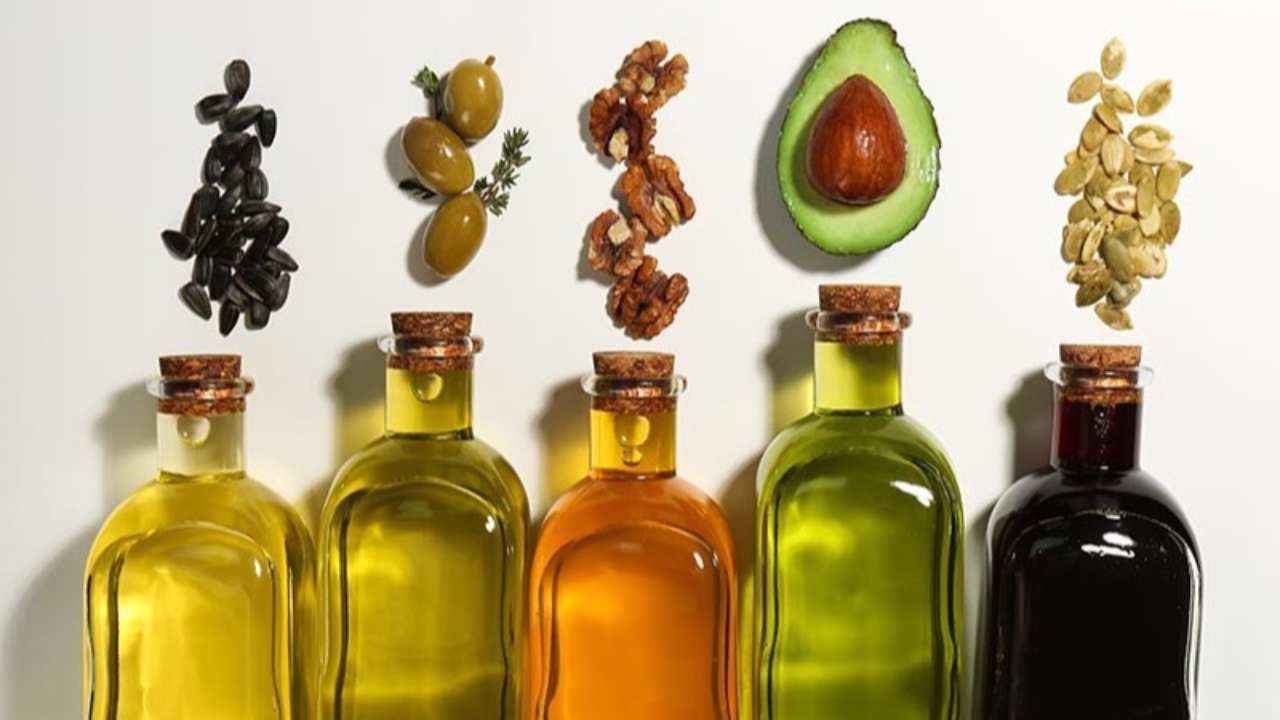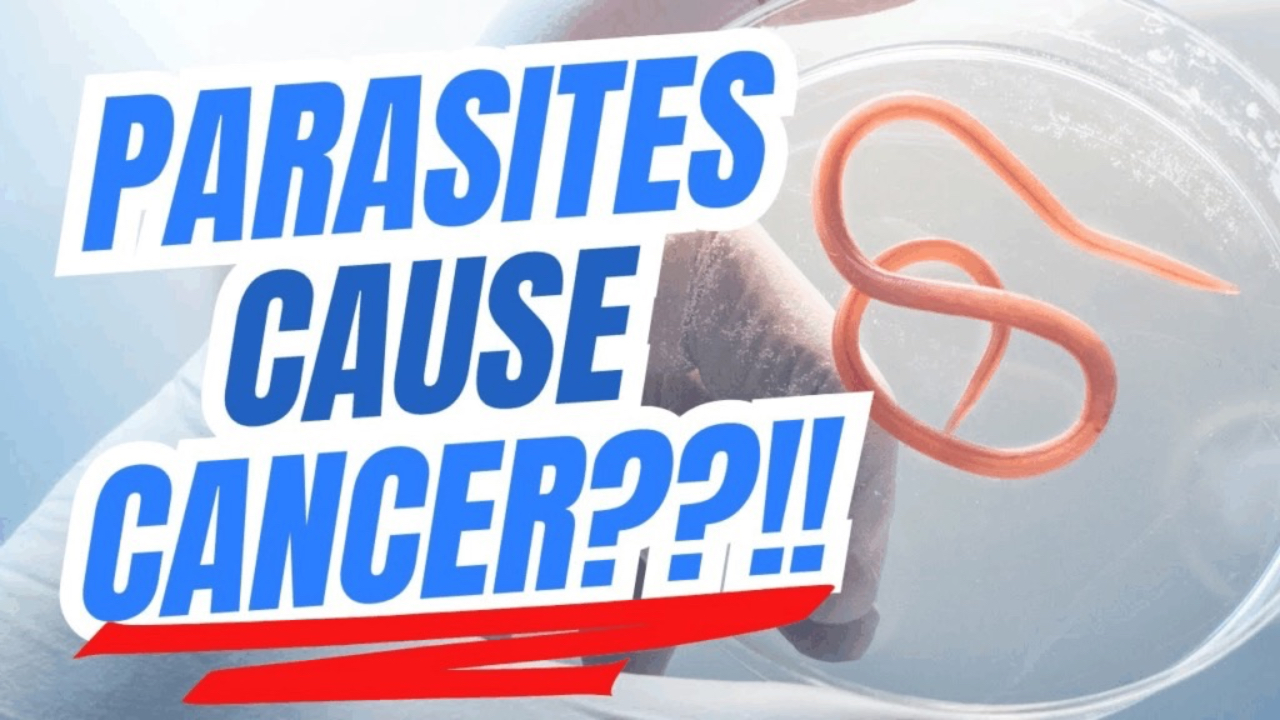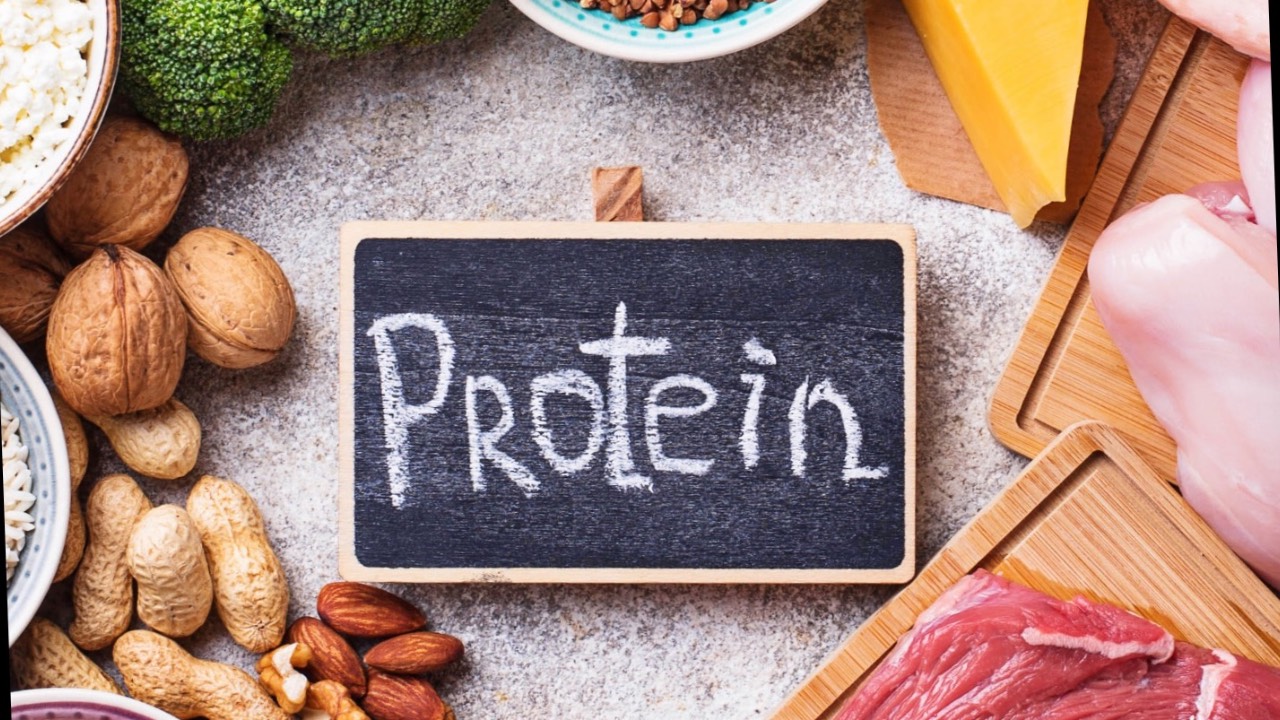10 Common Food Chemicals to Avoid for Better Gut Health & Natural Energy

Let’s talk about something simple that can completely shift your health:
If you can’t find it on the grocery store shelf, even if you can pronounce it — don’t eat it.
No, I’m not just calling out charcuterie boards (though we should probably talk about those processed meats..).
This one rule can change your digestion, your hormones, your skin, and your energy — because what we don’t eat matters just as much as what we do.
Your Body Recognizes Food, Not Chemicals
Here’s the thing: your body isn’t designed to process chemicals. It’s designed to use nutrients as information.
Every meal you eat sends signals to your hormones, gut, and metabolism. Real food tells your body to energize, repair, and detox naturally. Processed, chemical-laden food? That just confuses your system — and over time, leads to inflammation, cravings, bloating, and burnout.
That’s why it’s time to look at what’s really hiding behind those “healthy-looking” labels.
Top 10 Chemicals Commonly Added to F...
The Not-So-Skinny on Seed Oils: Why Your Fat Balance Might Be Fueling Inflammation

Let’s talk about one of the most sneaky ingredients hiding in your food: seed oils.
Canola, soybean, sunflower, safflower, corn… these oils are everywhere. From restaurant meals and salad dressings to chips, granola bars, and even “healthy” snack foods—seed oils have become nearly impossible to avoid.
But what’s the big deal? Are they really that bad for you? Let’s break it down.
What Are Seed Oils?
Seed oils are extracted from (you guessed it) seeds. To get oil out of tiny seeds like soybeans or sunflowers, manufacturers use high-heat and chemical extraction. This process helps produce large amounts of oil cheaply—making them a favorite in the food industry.
The issue? That refining process strips away nutrients and creates unstable fats that easily oxidize. Once oxidized, these fats can create free radicals in your body, leading to inflammation and cell damage.
Why Seed Oils Can Be a Problem
When fats are damaged by heat and processing, they don’t behave well inside yo...
Parasites and Cancer: What No One’s Talking About

A Heartfelt Truth
I say this with compassion in the most kind hearted way possible — not as a “know it all,” but as someone who has personally been devastated by cancer. I know this topic might stir up emotions or even get me a little backlash, but it’s a conversation that’s too important to ignore.
Are Parasites and Cancer the Same Thing?
Not all cancer is caused by parasites — and not all parasites are cancer.
You’ve probably seen dramatic claims on Google or social media, but the truth lies somewhere in between.
Here’s what we do know: cancer cells are always being created in the body. Your immune system’s job is to detect and destroy them before they become dangerous. But when that system gets suppressed or overloaded, your body can miss those signals — and that’s where parasites can quietly play a role.
How Parasites Can Contribute to Cancer Risk
Parasites can:
-
Suppress your immune system
-
Create chronic inflammation and tissue irritation
-
Blindfold you
...
The Truth About Sustainable Weight Loss: What I Wish More Women Knew

The Fast Way vs. The Right Way to Lose Weight
Let’s be real. You can lose weight by undereating, overexercising, and tracking every single calorie. But that often leads to burnout, hormonal imbalances, and a toxic mindset around food and fitness.
The better option? Sustainable weight loss that supports your mind and body. This means staying consistent with movement, eating with intention (not restriction), and building a balanced lifestyle that you can actually maintain.
Both paths may get you results, but the real question is: how do you want to feel when the weight is gone?
Why Consistency Beats Intensity Every Time
Many people think they need to crush intense workouts every day to see results. But the truth is, consistency—even if it’s just 5-10 minutes a day—has a bigger long-term impact.
Repetition transforms your body, and the habit of showing up builds confidence and rewires your mindset. A five-minute walk or stretch daily will always outperform an hour-long work...
5 At-Home Functional Medicine Lab Tests That Finally Helped Me Lose Weight, Reduce Pain, and Heal from the Inside Out

After over a decade of unexplained weight gain, chronic pain, and countless prescriptions from well-meaning doctors, I knew something deeper was going on in my body. I didn’t need another diagnosis—I needed answers. Real, root-cause answers.
If you’ve been dealing with symptoms like bloating, fatigue, hormonal imbalances, or stubborn weight and nothing seems to help, these 5 at-home functional lab tests could be the missing piece.
These labs helped me uncover my toxicities, identify nutritional deficiencies, and create a personalized plan that finally worked. No more cookie-cutter advice from random internet articles. Just clear, science-backed data specific to my body.
1. Organic Acids Test (OAT)
This comprehensive urine test looks at 75+ biomarkers related to gut health, detoxification, and energy production. It can detect hidden Candida overgrowth, bacterial imbalances, and vitamin and neurotransmitter levels—all of which impact digestion, mood, and metabolism.
2. Hair Tissu...
Another Unpopular Opinion: Genetic Testing Isn’t Your Best Investment

Okay, hear me out before you come for me.
Yes, genetic testing can be interesting… even helpful in some cases. And yes, I’ve had mine done. But if we’re talking about bang for your buck when it comes to understanding your body and improving your health? It’s not where I’d recommend you start.
Even as a practitioner, when I got my genetic results back, I found myself going, “Okay... cool... now what?”
The results showed me what I was potentially predisposed to, but not what was actually happening inside my body—or how to truly support it.
Here’s the deal: genetics load the gun, but lifestyle pulls the trigger.
You might be genetically predisposed to sluggish detox pathways, hormone imbalance, or inflammation. But that doesn’t mean those things are happening right now—or that they’re guaranteed to happen at all. It’s the daily choices you make (food, stress, sleep, supplements, environment) that determine whether those switches get flipped.
And that’s where functional medicine...
Struggling With Nighttime Anxiety? Try These 6 Simple, Natural Fixes Tonight

Ever lay in bed with your mind racing, heart thumping, and sleep nowhere in sight? You’re not alone. Nighttime anxiety is incredibly common—and incredibly frustrating. The day’s done, your to-do list is (mostly) complete, and yet your body feels like it’s stuck in go-mode.
But the good news? You can calm your nervous system, naturally. You just need the right tools to send the “it’s safe to relax” signal to your brain.
Here are six simple, holistic strategies to help reduce nighttime anxiety and finally get the rest your body deserves:
1. Limit Screen Time Before Bed
Blue light from screens messes with melatonin production—the hormone your body needs to fall asleep. It tricks your brain into thinking it’s still daylight, making it harder to wind down.
What to do:
Shut down screens at least 1 hour before bed. If you have to use your phone or computer, try wearing blue light-blocking glasses or turning on “night mode.” Even better—swap scrolling for reading, journaling, or a c...
Confessions of a Chronic Over-Exerciser (And What I Wish I Knew Sooner)

Let me tell you something I learned the hard way: over-exercising can be just as damaging as not exercising at all.
Yup, I said it. And yes, I’m calling myself out.
If you're someone who lives by the motto "no days off" and thinks soreness equals success, this is your sign to slow your roll. Because more isn't always better—especially when it comes to your body.
Are You Overdoing It? Check These Signs:
-
Constant muscle soreness that lingers for days
-
Decreased performance (you’re working harder, but lifting less?)
-
Fatigue that caffeine can’t fix
-
Slower muscle growth or even muscle loss
-
Weakened immune system (hello, random colds)
-
Frequent or nagging injuries
-
Feeling “tired but wired” all the time
Sound familiar? Your body isn’t being lazy—it’s screaming for recovery.
Recovery Is Where the Magic Happens
You don’t build muscle while working out—you build it while recovering. So if you’re skipping rest and piling on workouts, you're actu...
The One Thing You Need As You Age!

Let’s get real—if you’ve hit your 30s and feel like your body’s changing, it’s not just in your head. You’re not just getting older… you’re losing muscle. And that’s kind of a big deal. 😰💪
Most people don’t realize that starting in your 30s, you can lose up to 3–8% of your muscle mass per decade. And if you're not doing anything to actively maintain or rebuild it? That decline only speeds up. By your 60s and beyond, it’s not just a little loss—it’s a slippery slope into weakness, fatigue, joint issues, and increased risk of falls or injuries.
And no, unfortunately, carrying your toddler around, doing laundry, or walking the dog doesn’t quite cut it as resistance training. (Love you, mama, but we need to do better.)
Why Muscle Matters More Than You Think
Muscle is about way more than looking toned in a tank top. It’s your body’s metabolic engine. More muscle means:
-
A faster metabolism (yes, even at rest)
-
Stronger bones and better posture
-
Better balance and mo
...
Is Your Cortisol Out of Control?

Life be "life-in" around here... Like kinda pretty much completely fallen apart, but we will save that story (can of worms?) for another time... but I know my cortisol is through the roof, even all I teach.... Here's some common symptoms and what you can do about it!
Common signs of high cortisol:
-Anxiety, racing thoughts, & poor sleep
-Constant anger/rage
-Craving sugar & salty snacks nonstop
-Brain fog
-Waking up tired after a full night of sleep
-Feeling wired but completely drained
-Stubborn belly fat that won’t budge
-Digestive distress
-Getting sick more often
-Increased body odor
Ok so now you know some common symptoms of high cortisol but why does that matter and what can we do to help especially when "life be life-in'?
I feel like 95% of us are “stressed,” and we all have our journeys and our struggles but I feel like as Mom’s it hits differently… we take on everyone else’s struggles, there’s no one to take care of us and we can’t take care of ourselves un...
